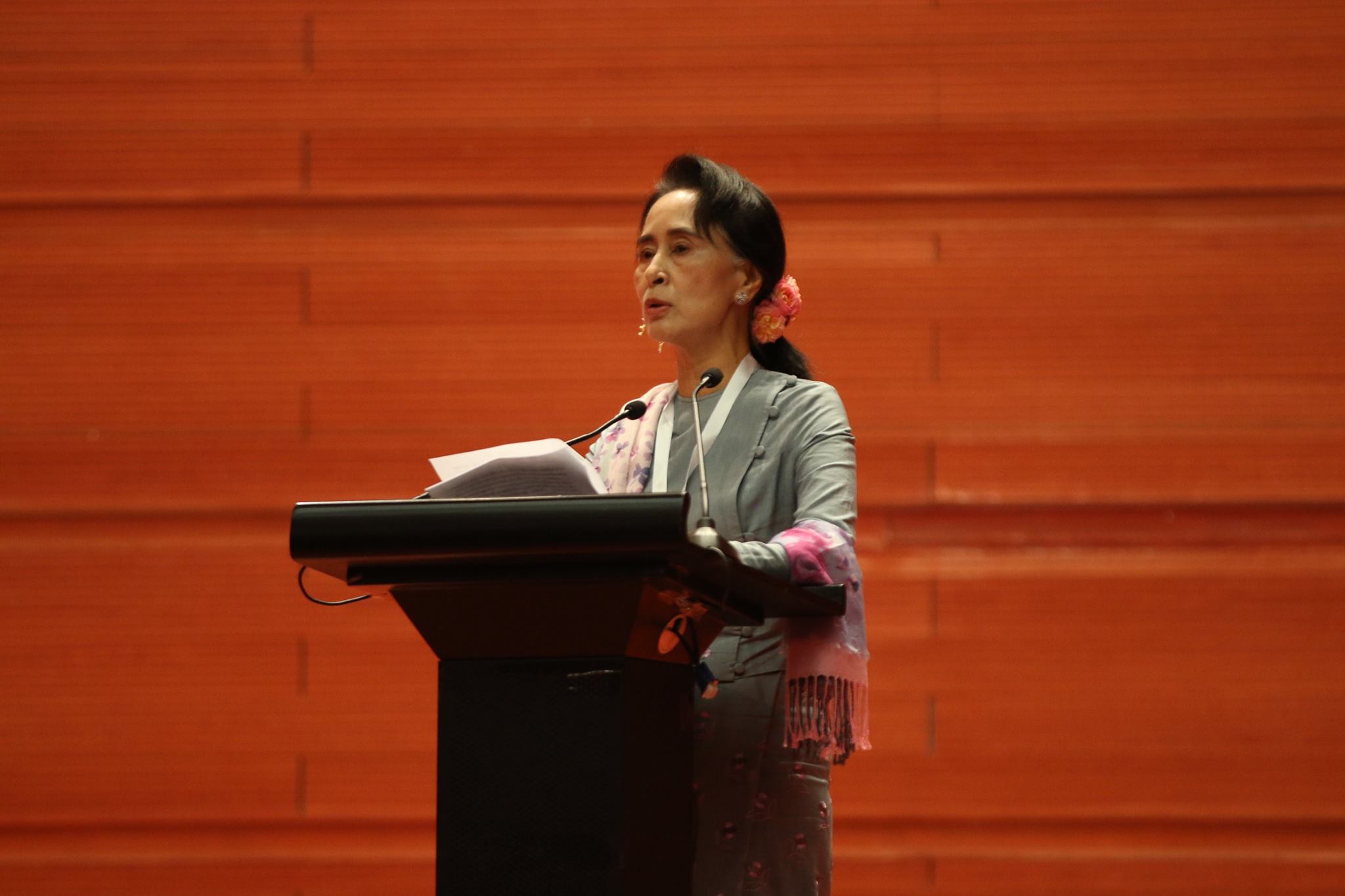
Myanmar’s civilian leader, Aung San Suu Kyi, has been detained by the country’s military following a military coup in which the top army commander, Min Aung Hlaing, seized total control.
The coup follows the contested election victory of Suu Kyi’s National League for Democracy, which the military (Tatmadaw) alleges was fraudulent. The Tatmadaw has made the unsubstantiated claim that there were almost 10 million unlisted voters were on the list. Human rights groups had noted during the election that polls were “fundamentally flawed” not due to mass voter fraud but rather the disenfranchisement of over 2.5 million minority ethnic people, including Rohingya.
Following the coup internet lines have been shut down, mobile phones communications suspended, and official state media has been locked down. The Tatmadaw has denied that this is a coup and has instead insisted that they are simply abiding by the constitution.
Read more here: Reaffirming Génocidaires – Myanmar’s elections
‘An assault on democracy’
World leaders have decried the coup maintaining that Suu Kyi must be released.
US Secretary of State, Antony Blinken, stated that the US “stands with the people of Burma in their aspirations for democracy, freedom, peace, and development. The military must reverse these actions immediately".
Similarly, UK Prime Minister Boris Johnson stated:
I condemn the coup and unlawful imprisonment of civilians, including Aung San Suu Kyi, in Myanmar. The vote of the people must be respected and civilian leaders released.
— Boris Johnson (@BorisJohnson) February 1, 2021
Australia’s Foreign Affairs Minister Marise Payne urged the Tatmadaw "to respect the rule of law" and "release immediately all civilian leaders and others who have been detained unlawfully".
UN special rapporteur for Myanmar Tom Andrews also decried the coup as an “assault on democracy” and a violation of the constitution which the military had agreed to.
Business as usual
Responding to these events, Mabrur Ahmed, Director of Restless Beings, has described the coup as “business as usual” noting Burma historic democratic failures and Suu Kyi’s willingness to defend the military against accusations of genocide at the International Criminal Court.
Noting the democratic failures of Burma he highlights that not only are 25% of the vote was reserved for military seats but that under the 2008 constitution, in a State of Emergency, “the Commander in Chief, in this case, Min Aung Hlaing, is judge, jury and executioner”.

He further criticises international responses noting their silence on the Rohingya genocide and the crimes against humanity inflicted against the Karen.
“The same Governments have been champions of the ‘fledgeling democracy’ or the ‘democratic transition’ seem to not have desk advisors capable enough to understand that the constitution of this so-called democracy prove that it is anything but that”.
Read more from the BBC and Restless Beings
